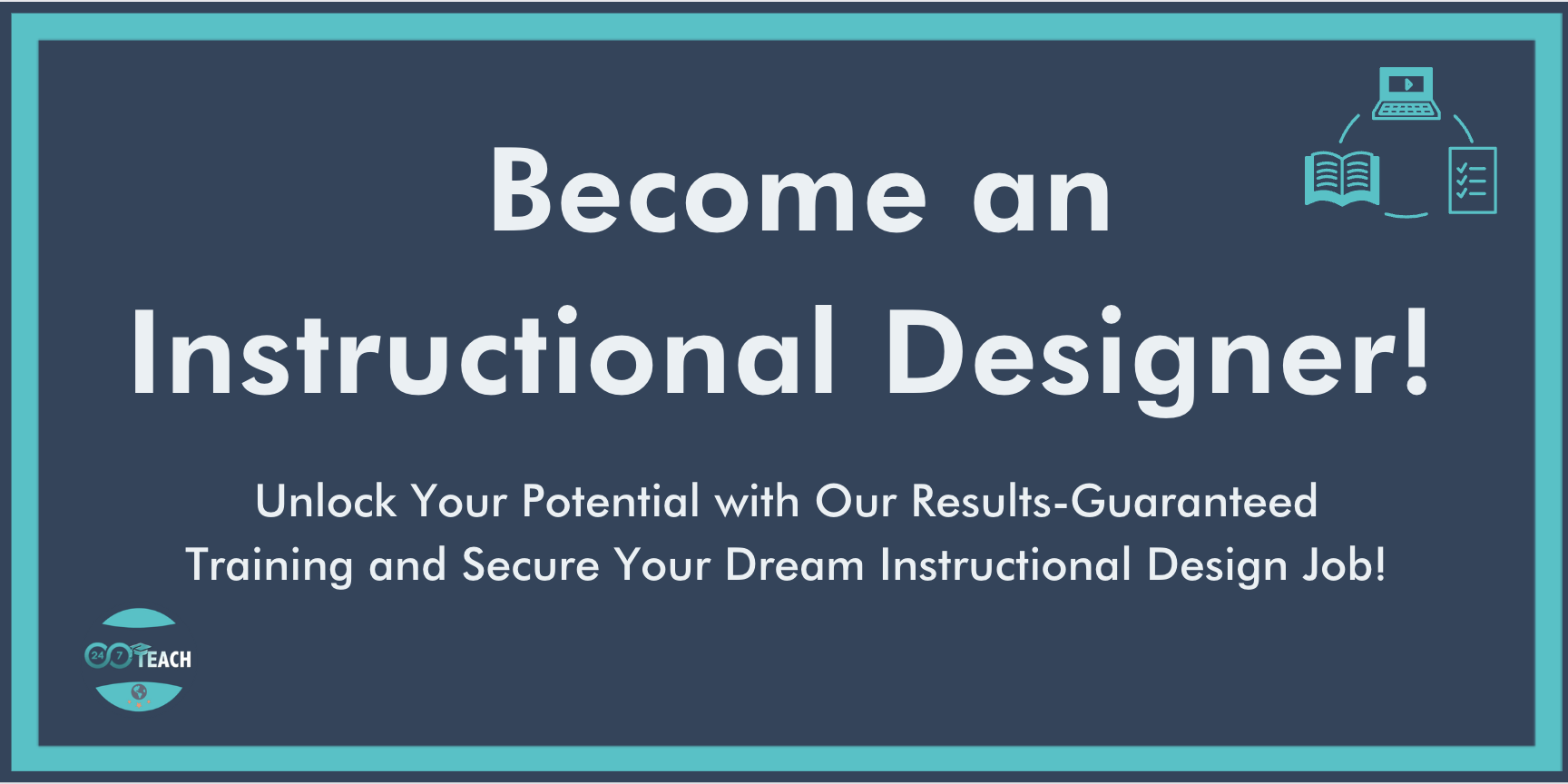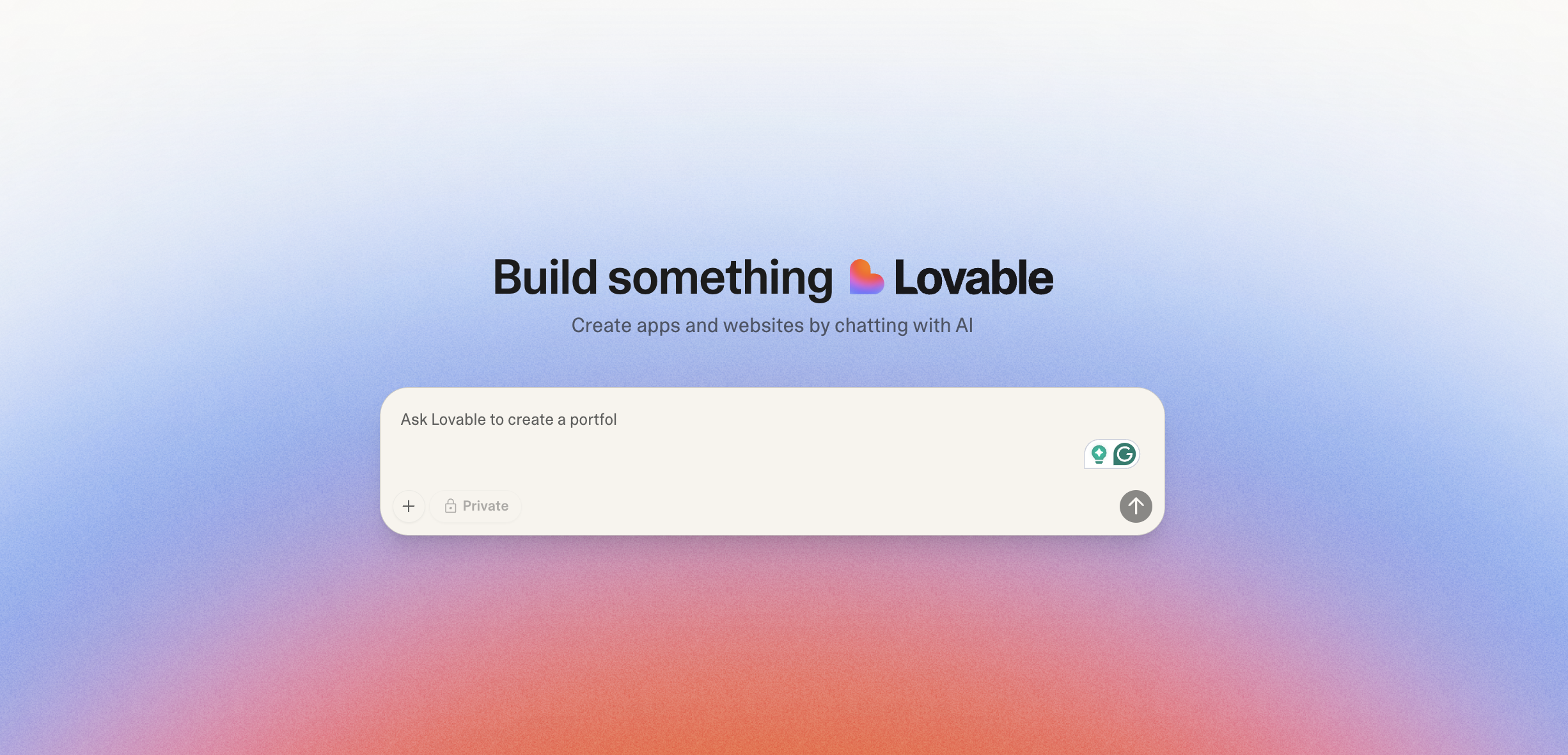Secrets to Dealing with Difficult Subject Matter Experts (SMEs) - Part 1: Vulnerability, Humility, and Persistence
By Mary Donlon
Instructional Designer and Organizational Consultant
Would you prefer to listen to this post? Click below.
Secrets to Dealing with Difficult Subject Matter Experts (SMEs):
Subject Matter Experts (SMEs) are invaluable collaborators in our instructional design projects. Their deep expertise ensures that the content we design is accurate, relevant, and impactful. However, SMEs can also pose challenges. They may have demanding schedules, lack understanding of the instructional design process, or be resistant to suggestions. These dynamics can make working with SMEs feel like walking a tightrope.
Another challenge I found in working with SMEs as a new instructional designer was knowing what to ask when to ask it, and gauging if I had the correct information to align the design with the client's goals. I was not prepared for how daunting it was going to be. The good news? With the right mindset and strategies—centered around vulnerability, humility, and persistence—even the most challenging SME relationships can flourish. Here’s how to navigate these dynamics while building trust and creating exceptional learning experiences.
Vulnerability: Embracing Openness to Build Trust
Vulnerability is often misunderstood as weakness, but in reality, it’s a powerful way to build bridges. Being open and authentic when dealing with a difficult SME can disarm defensiveness and pave the way for collaboration.
Why Vulnerability Matters
SMEs are often under immense pressure, juggling their responsibilities as experts while being asked to support your project. By demonstrating vulnerability, you show that you’re human, too, which helps foster mutual understanding and trust.
How to Use Vulnerability Effectively
Admit What You Don’t Know: SMEs are specialists, and it’s okay to acknowledge gaps in your knowledge. For example, saying, “I’m not as familiar with this process as you are. Could you walk me through it?” demonstrates respect for their expertise while inviting them to share.
Share Your Goals and Challenges: Be transparent about the instructional design process and your challenges. For example, “I want to make sure this training reflects your expertise, but I’m struggling to simplify some of these concepts for learners. Can you help me break it down?”
Validate Their Expertise: Difficult SMEs may feel unappreciated or undervalued. Acknowledge their importance with statements like, “Your insights are critical to this project’s success, and I appreciate you taking the time to share them with me.”
Embrace Flexibility: Discuss the balance of roles, framing SMEs as decision-makers while instructional designers guide learning design. When presenting the final product, emphasize SME contributions to create shared ownership. Example phrases to encourage collaboration: “From a learner’s perspective, this approach might simplify the concept. What’s your perspective on adapting it this way?”
Reflect on Your Approach: What are my personal strengths and challenges in working with SMEs? How can I use this self-awareness to better collaborate with them?
By being open about your intentions and limitations, you reduce the barriers that lead to difficult interactions and open the door for genuine collaboration.
Humility: Respecting Their Expertise While Balancing Your Role
While humility fosters respect, persistence ensures that challenges are met with solutions, not stagnation. Humility is a cornerstone of effective communication with SMEs. It involves showing respect for their expertise while recognizing your role as the instructional designer who bridges their knowledge to the learners.
Why Humility Is Essential
Your SME is more than a contributor; they are a co-creator in the learning journey. Reframing the relationship from ‘How can you help me?’ to ‘How can we succeed together?’ fosters alignment. Joint success strengthens collaboration and results in learning solutions that resonate deeply with learners. Humility fosters a sense of partnership, as SMEs may feel defensive if they perceive you as undermining their knowledge or pushing changes without understanding their perspective.
As a designer, it is your job to create a vision that aligns with the client’s goals, which may not always reflect your personal interests, professional ambitions, or even beliefs. However, this does not diminish your ability to be effective.
By focusing on the shared goal of creating impactful learning experiences, you can connect with the SME and collaboratively bridge gaps between differing perspectives. A humble approach ensures they feel valued and heard.
How to Demonstrate Humility
Position Them as the Expert: Instead of dictating what you need, frame requests around their expertise. For example, “I’d love to hear your thoughts on how we can make this module more engaging.”
Listen Actively: Difficult SMEs often feel unheard. Practice active listening by paraphrasing their points, asking clarifying questions, and avoiding interruptions.
Be Willing to Learn: SMEs may suggest approaches that differ from instructional design best practices. Instead of dismissing these ideas outright, explore their reasoning. For instance, “I hadn’t considered that perspective. Could you tell me more about why you think that approach would work?”
Own Your Mistakes: If you misunderstand or miscommunicate something, acknowledge it quickly. For example, “You’re right—I may have oversimplified that. Let’s revisit this section together.”
Practical Tip: When presenting the final product, emphasize SME contributions to create shared ownership
Humility isn’t about diminishing your expertise; it’s about creating a collaborative dynamic where both parties feel respected and valued.
Persistence: Staying the Course Despite Challenges
Even with vulnerability and humility, some SMEs remain difficult. They may miss deadlines, reject your ideas, or insist on overly complex content. This is where persistence becomes your superpower.
Why Persistence Pays Off
Persistence shows SMEs that you’re committed to the project’s success, even when challenges arise. It also signals professionalism, which can eventually earn their respect.
How to Cultivate Persistence
Set Clear Expectations: Begin every project with clear expectations around roles, responsibilities, and timelines. For example, “I’ll need your input on this draft by Friday so we can stay on schedule.”
Follow Up Politely but Firmly: If an SME is unresponsive, don’t hesitate to follow up—politely but persistently. Persistence doesn’t mean rigid insistence. Use language like, “I know your schedule is busy, but I wanted to check if you’ve had a chance to review the document I sent over.”
Reframe Rejections: If an SME dismisses your ideas, don’t take it personally. Instead, reframe the rejection as an opportunity to explore their perspective. Reflect on lessons learned during setbacks and share your willingness to pivot. For example, “I see where you’re coming from. Could we try blending your approach with some learner-focused strategies?”
Stay Solution-Oriented: When faced with resistance, focus on solutions rather than problems. For instance, “I understand that simplifying this content feels like an oversimplification. What if we include a downloadable resource for learners who want more detail?”
Celebrate Small Wins: Acknowledge and celebrate progress to build momentum. Show SMEs how their expertise shapes learning outcomes. For example, “Thanks for sharing your insights on that last module—it’s shaping up well!”
Persistence doesn’t mean being pushy or inflexible. Instead, use it as a growth opportunity to hone your soft skills. It’s about showing unwavering dedication to the project while remaining adaptable and professional.
Strategies for Working with SMEs
Conduct a Learner Analysis: Emphasize the value of understanding SME communication styles and motivators to improve collaboration.
No-Oriented Inquiries: Shift the conversation dynamic and encourage buy-in. For example, ‘Would it be unreasonable to adjust this section for clarity?’ or ‘Do you think learners would find this explanation overwhelming?’”
Stay Connected Post-Project: Maintaining ongoing communication demonstrates that you value them beyond the immediate deliverable. Follow up with SMEs post-project, sharing how their contributions have impacted learners or the organization. This transforms you from a ‘vendor’ to a trusted partner.”
Strategies for Managing Specific Difficult Behaviors
While vulnerability, humility, and persistence are overarching strategies, here’s how to address some common challenging SME behaviors:
The Overly Busy SME
Respect their time by consolidating requests into one concise email or meeting.
Offer flexible options for feedback, such as recorded responses or asynchronous reviews.
Prioritize clarity in communication: Share a project timeline upfront with clear deadlines for SME input, helping them fit contributions into their schedule.
The Overly Detailed SME
Use structured templates to guide their input, focusing on “must-know” versus “nice-to-know” content.
Gently remind them of the learner’s perspective: “This level of detail is valuable, but how can we make it more digestible for a new learner?”
Reframe detailed content as supplemental material: Suggest creating downloadable resources or appendices for advanced learners, which can help the SME feel their expertise is fully represented.
The Resistant-to-Change SME
Show them the evidence behind your recommendations, such as learner feedback or instructional design research.
Involve them in testing: “Let’s pilot both approaches and see which resonates better with learners.
Acknowledge their perspective: Validate their concerns with statements like, “I see where you’re coming from,” before proposing alternatives.
The Long-Term Benefits of These Approaches
Mastering vulnerability, humility, and persistence isn’t just about managing SMEs—it’s about transforming relationships. By adopting these principles:
You Build Trust: SMEs will see you as a partner rather than an adversary.
You Gain Influence: SMEs become more receptive to your ideas and insights over time.
You Create Better Learning Experiences: Collaboration leads to richer, more effective training content.
You Grow Your Skillset: Continuous reflection on your approach in collaborating with SMEs enhances your skills and increases your value as an instructional designer.
Moreover, these skills extend beyond SMEs. They enhance your ability to work with diverse stakeholders, making you an elite, skilled, emotionally intelligent instructional designer.
Conclusion
Difficult SMEs are not obstacles but opportunities to refine your skills as a communicator, collaborator, and leader. By embracing vulnerability, practicing humility, and staying persistent, you can turn challenging interactions into powerful partnerships.
The next time you encounter a difficult SME, remember that their resistance often reflects underlying pressures or concerns. By meeting them with openness, respect, and unwavering commitment, you’ll navigate the challenges and create a foundation for mutual success.
Ultimately, instructional design is as much about people as content. Mastering the art of working with SMEs will elevate your projects and your reputation as a genuinely elite instructional designer.
By mastering these principles, you not only build better partnerships with SMEs but also refine your ability to create learning experiences that genuinely make an impact.
Discussion Assignment: Working with Subject Matter Experts (SMEs)
Join the conversation and participate with the 24/7 Instructional Design community by completing the discussion question and adding your answer in the comment section below:
Beyond surface-level resistance, what underlying issues—organizational pressure, role ambiguity, or personal insecurities—might cause an SME to be “difficult”? How can you, as an instructional designer, address these underlying factors proactively?
Need Guidance on Navigating the Shift to Instructional Design?
Before You Go...
Discover the Unmatched 24/7 Teach Experience:
Our Instructional Design bootcamps and career coaching services have a 100% success rate. We redefine learning by immersing you in practical, hands-on projects, ensuring you acquire vital professional expertise while making a meaningful difference in your community.
Unlock your true potential today with 24/7 Teach and invest in your future.












